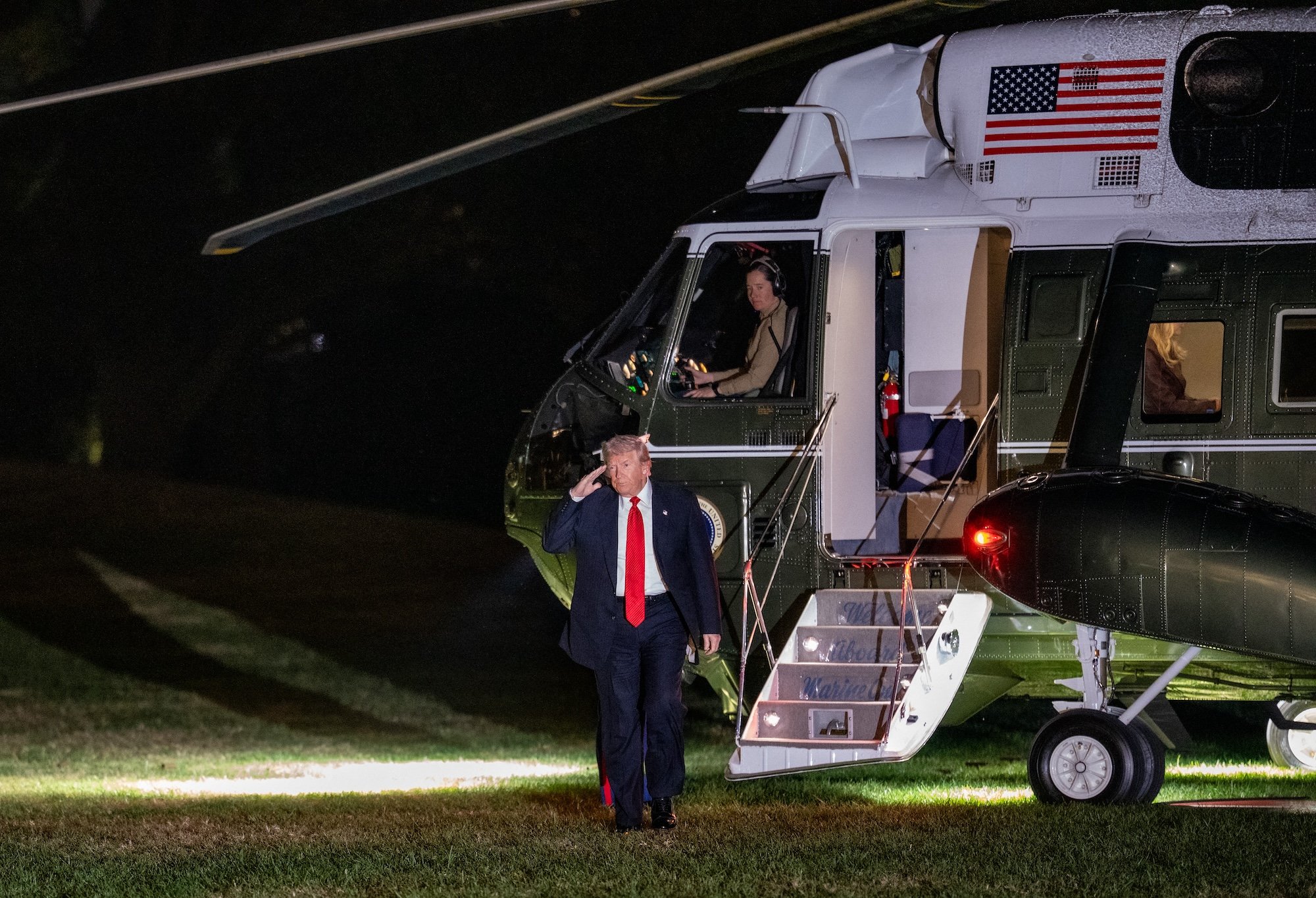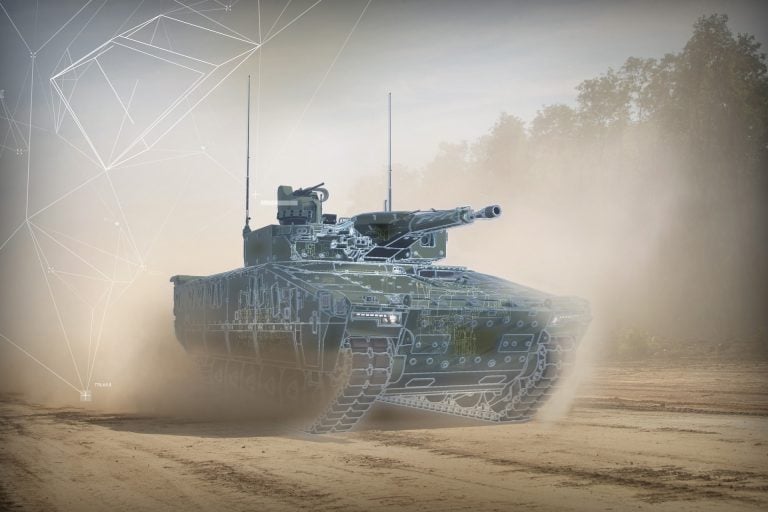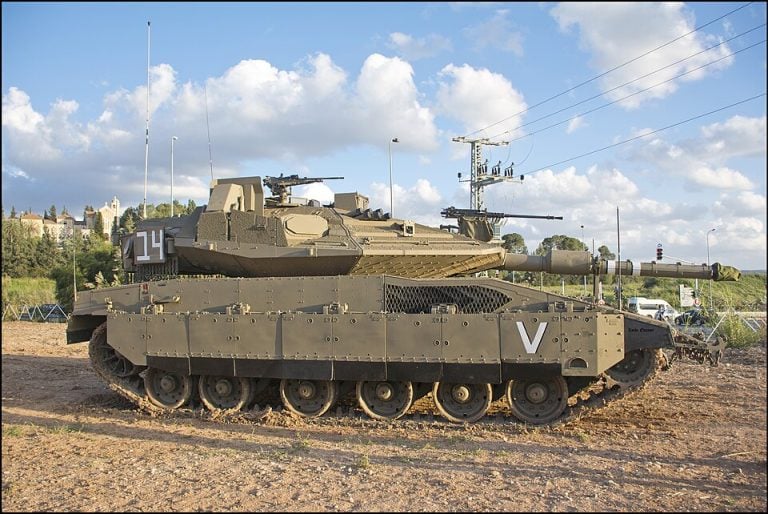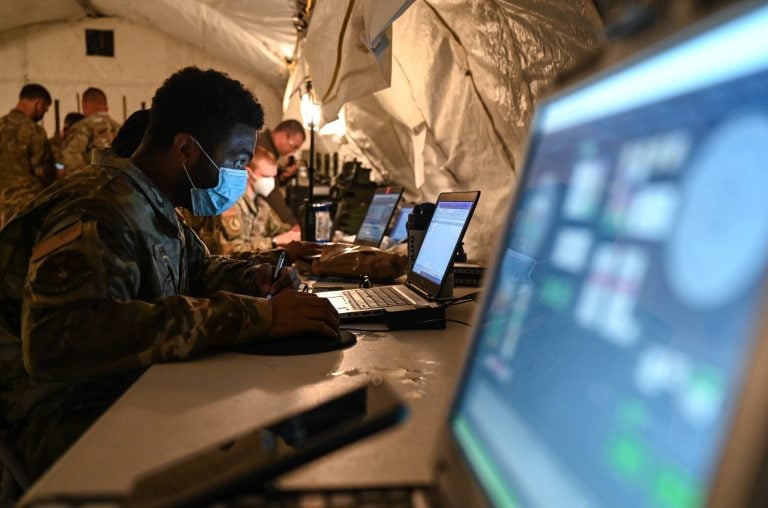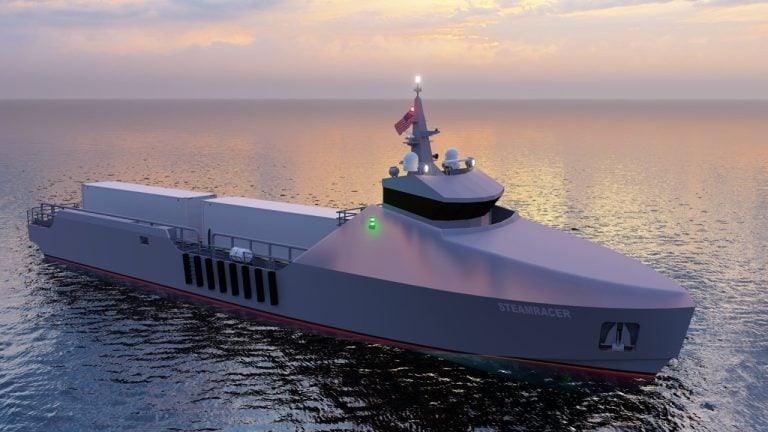US President Donald Trump has reiterated his threats of a potential military operation in Nigeria, citing the killings of Christians as a significant concern. He hinted at possible ground or air assaults, framing Nigeria’s violence against Christians in stark terms. “They’re killing the Christians and killing them in very large numbers. We’re not going to allow that to happen,” he stated on Air Force One.
The issue has captured the attention of various right-wing groups in the United States and Europe, who claim that Christians are facing persecution in Africa’s most populous nation. However, experts highlight that Nigeria’s ongoing conflicts indiscriminately affect both Christians and Muslims, with considerable fatalities on both sides.
Trump’s comments followed a proposal from the Nigerian presidency for a meeting between the two leaders to discuss the escalating violence. In a post on his Truth Social platform, he went further, revealing that he had instructed the Pentagon to prepare a potential military strategy, framing the situation in Nigeria as one where Christianity is “facing an existential threat.”
In a direct warning, Trump asserted that if Nigeria fails to act against the killings, the United States would respond with force, describing any action as “fast, vicious, and sweet,” likening it to the brutal tactics employed by terrorist groups.
The Nigerian government has pushed back against claims that Christians are disproportionately targeted, emphasizing its partnership with the United States in the fight against terrorism. Daniel Bwala, a spokesperson for President Bola Ahmed Tinubu, expressed the need for a respectful collaboration and suggested a face-to-face meeting might lead to productive dialogue. He acknowledged Trump’s distinctive communication style and indicated that differences regarding the targeting of Christians and Muslims could be addressed in an upcoming meeting.
Despite Trump’s assertions that “thousands of Christians” are being killed at the hands of radical Islamists, critics have pointed out the complex nature of Nigeria’s conflicts. The nation is currently grappling with a range of violent issues including jihadist insurgencies in the northeast, criminal gangs in the northwest, and ongoing disputes between farmers and herders in the central regions.
Local voices have acknowledged the violence affecting both religious groups. Danjuma Dickson Auta, a Christian community leader, stated that while there are targeted attacks against Christians, it is essential to recognize that Muslims are also victims of these conflicts. Abubakar Gamandi, a Muslim leader in Borno state, emphasized that jihadists kill individuals from both faiths and that the narrative of a one-sided religious genocide does not reflect the reality on the ground.
Tinubu himself stated that the characterization of Nigeria as overtly religiously intolerant does not align with the nation’s complex dynamics, where multiple factors contribute to the violence beyond religious affiliations.
